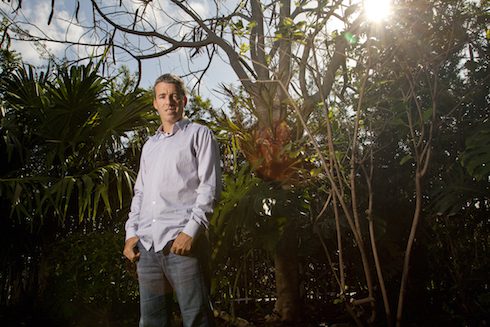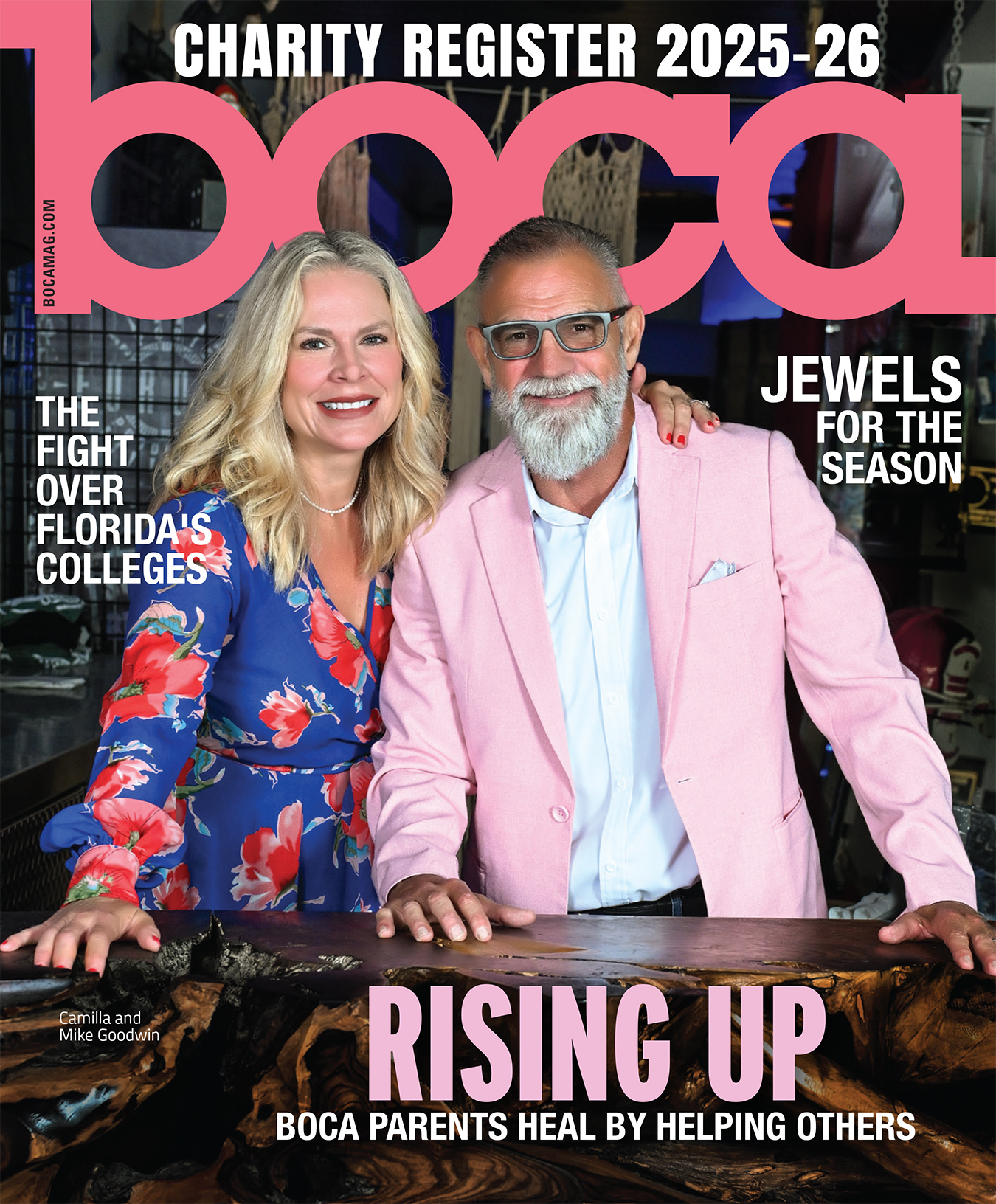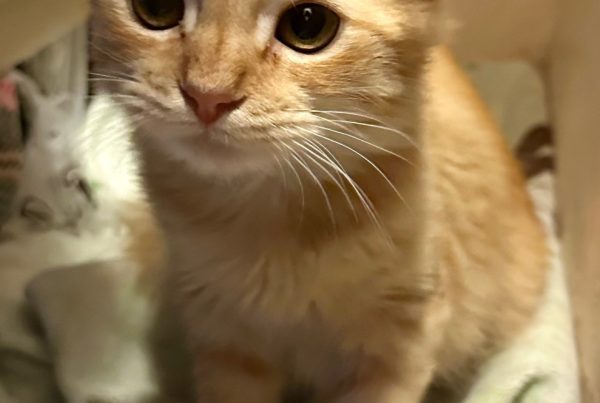Michael Grunwald can hold his own with policy wonks. He’s a seasoned journalist with stints at the Boston Globe , Washington Post and Time magazine. And he’s been honored for his national and investigative reporting.

However, most Floridians may know him best for his book, The Swamp: The Everglades, Florida and the Politics of Paradise , which started from a newspaper series about the Army Corps of Engineers and Everglades restoration and morphed into what is arguably one of the most compelling and detailed histories of Florida—filtered through the tale of its most precious resource, The Florida Everglades.
It was a project that seemed like a long shot for a kid from Long Island whose idea of the Great Outdoors was the occasional tennis match. But it earned the Harvard grad serious kudos for his meticulous reporting—and the new distinction of historian—all before he’d turned 40.
His next book in 2012, The New New Deal: The Hidden Story of Change in the Obama Era , became a New York Times best-seller. These days, Grunwald, now 44, is focused on his new job with Politico magazine, his life in South Beach with wife Cristina and their two young children—and working on his slice backhand.
We asked one of the featured authors at this spring’s Festival of the Arts Boca how he got to Miami—and what he was thinking about these days.
What attracted you to journalism?
I always liked to write. I was always interested in the world, I guess. In college I wrote for the college paper. I wrote for the Boston Globe sports section over the summer when they had this amazing sports section. I just really liked it. I went to work for the Boston Globe after college, but I was not on sports anymore.
A recent quote of yours was that your “current media diet”—mostly links for your Twitter feed—is “more interesting, more substantive and more up to the minute than ever.” How do you square that observation with the state of traditional news media and how do you see its future unfolding?
What’s depressing is that it’s hard for the people above my pay grade to figure out how to make all this great journalism profitable. But I am now at a place that is figuring that out; Politico is taking digital substantive stuff online and figuring how to make money. In fact, they have realized that they need to get better—that they won’t make more money by chasing clicks about Kim Kardashian, that they’ll make more money by chasing
To read the full story, pick up the May/June issue of Boca Raton magazine.







